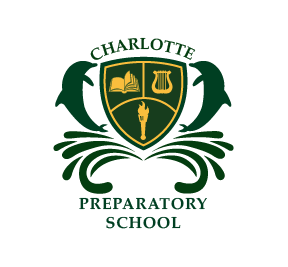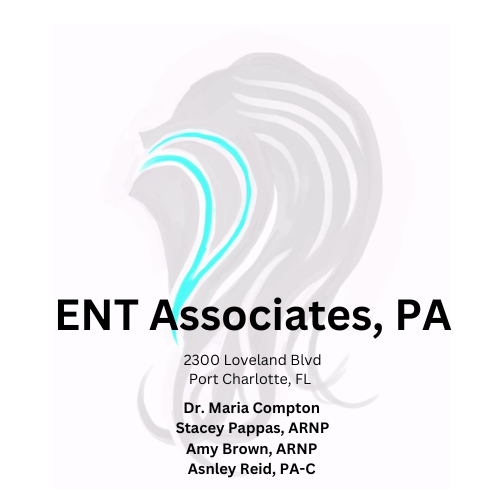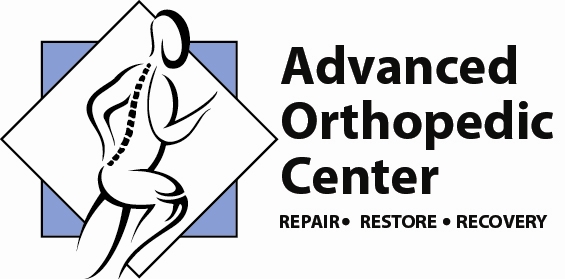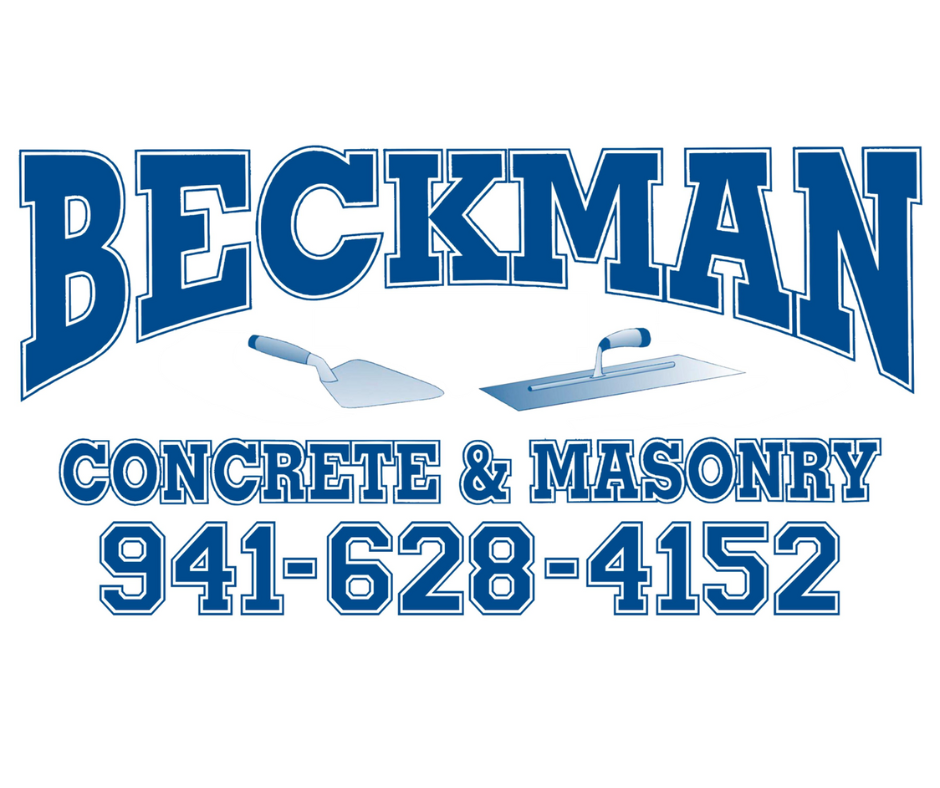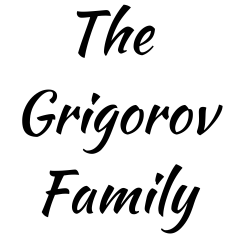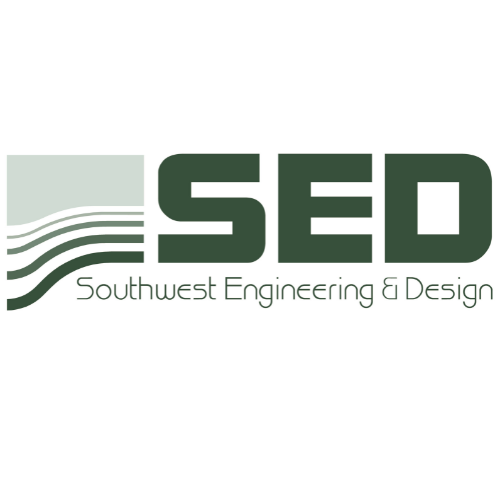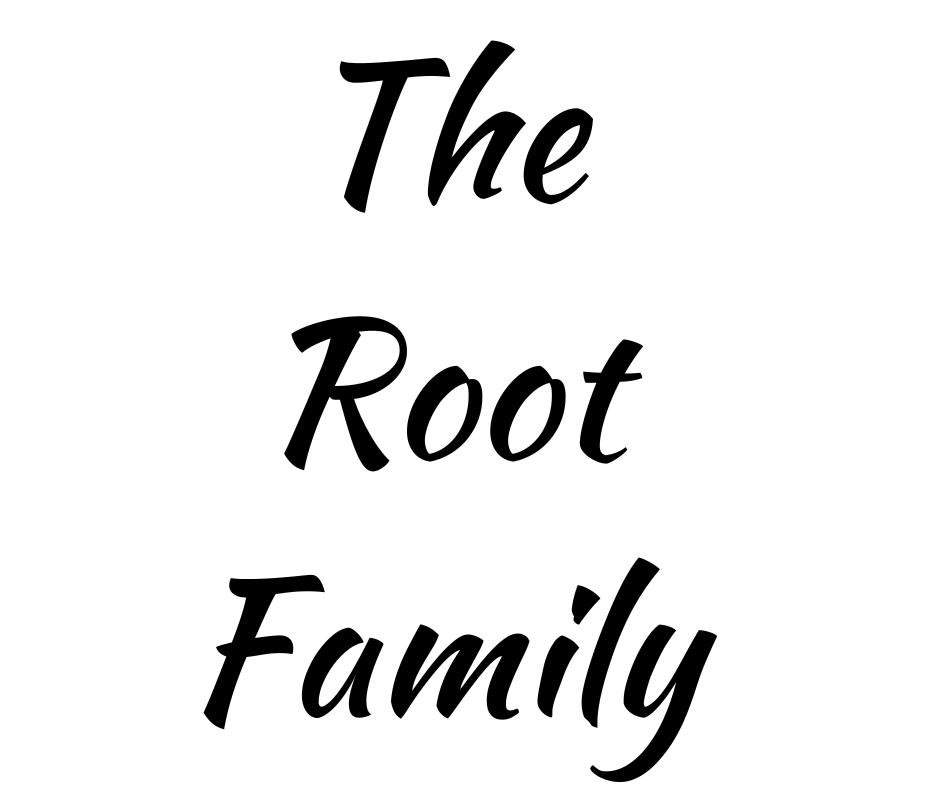1st-3rd Curriculum
Lower Elementary Montessori Program for 1st-3rd Grade (Ages 6-9)
Curriculum Scope:
Montessori Lower Elementary class enrolls children ages 6-9 years of age. Children of this age have a great thirst for knowledge. Their focus is expanded from the smaller world of family in 3-6, to the larger world. Many of the lessons in the Lower Elementary class focus on a principle titled “Strike the Imagination”. Students have an immense capacity to form abstractions from concrete information. They are amazed with all facets of culture and the world in all its grandeur.
Children at this age are notorious for being the “rule-keepers”. Much of the work in our classrooms is devoted to developing relationships, forming personal values, applying the norms of the larger society to the world of friends and peers. Children will see that there is a gray area, nothing is black and white. There are many choices. Our job is to provide them with an emotionally safe environment in which to grow and learn.
A variety of instructional tools are used at this level: 3 period lesson, classified nomenclature, time lines, control/working charts, command cards, and research. Lessons are presented in whole groups, small groups, and individually.
Interdisciplinary approach is embraced. An example of this is our organic garden. Lower Elementary students are responsible for the planning, planting, and maintenance of a large garden. Students’ work encompasses graphs, measurement, crop selection, botany, growth timetables, beneficial/harmful insects, writing, observation, and food preparation.
The Montessori Lower Elementary classes work together on curriculum and community building. We have a strong teacher collaboration that stimulates creativity, growth and curriculum originality.
Other Areas of Study:
- World cultures
- The arts- Music and Art Classes
- Technology- Students follow the National Technology Standards Scope and Sequence
- STEM
- Physical education/health
- Character Education
- Community Service Projects
- Age appropriate annual research project with formal presentation
- Numerous Educational Field Trips
- Creative Grouping
“It is necessary for the teacher to guide the child without letting him feel her presence too much, so that she may always be ready to supply the desired help, but may never be the obstacle between the child and his experience”
— Maria Montessori
Language
Objective: The development of a love listening, imagination, reading, writing, and oral communication.
Demonstrate knowledge of these subjects:
- Consonants
- Blends
- Short Vowels
- Long Vowels
- Vowel Combinations
- Sight Words
- Synonyms
- Antonyms
- Homonyms
- Prefixes
- Suffixes
- Compound Words
- Contractions
- Syllables
- Rules of Spelling
- Parts of Speech
Demonstrate an age appropriate level of proficiency in these skills:
- Applying word attack skills
- Reading with fluency across genres
- Reading with comprehension
- Accelerated Reading Program
- Understanding the main idea
- Drawing conclusions
- Alphabetizing
- Following written directions
- Using context clues
- Locating answers
- Applying capitalization rules
- Applying punctuation rules
- Applying spelling rules
- Writing complete sentences
- Writing an organized paragraph
- Writing creatively and across different genres
- Corresponding correctly
- Forming printed letters
- Forming cursive letters
Cultural Studies (History & Geography)
Objective: The development of a love of cultural exploration, of other peoples, and of history; and the development of imagination (as opposed to fantasy), and a sense of wonder.
Demonstrate knowledge of these subjects:
- Stories of the Creation of the Universe
- History of Life on Earth
- History of the Coming of Man
- The Fundamental Needs of Human Beings
- BCE/CE Timeline
- Exposure to various aspects of U.S. history
- History of Math and Language
- Continents and their locations
- Oceans and their locations
- Countries of North America
- Capitals of North America
- Countries of all continents
- Cultural studies of continents and countries
- Major mountain ranges
- Major rivers
- Flags and their countries
- Parts of a flag
Demonstrate an age appropriate level of proficiency in these skills:
- Reading maps
- Using a globe
- Identifying basic land forms
- Naming land and water forms on a world map
- Researching a country and a continent
- Economic geography; major products of countries and continents
- Creating a beautiful map
- Identifying climate zones
- Identifying clouds
- Using a calendar
- Naming geologic eras on Clock of Eras
- Classifying organisms in correct eras on timeline
- Following a timeline
- Testing knowledge through experience
- Balancing logic and imagination (science and art)
- Recognizing the interconnectedness of all things
Math
Objective: The development of a love of problem solving, precision, order, and mathematical proficiency.
Demonstrate knowledge of these subjects:
- Number recognition & construction with concrete materials to 1,000,000
- Fundamental operations of addition with whole numbers
- Fundamental operations of subtraction with whole numbers
- Fundamental operations of multiplication with whole numbers
- Fundamental operations of division with whole numbers
- Concepts of fractions
- Place value concept
- Attributes of length and capacity and their units of measure
- Attributes of weight and mass and their units of measure
- Attributes of time and temperature and their units of measure
- Geometric figures
- Graphs and tables
- Concept of multiples of numbers
Demonstrate an age appropriate level of proficiency in these skills:
- Adding whole numbers
- Subtracting whole numbers
- Multiplying whole numbers
- Dividing whole numbers
- Performing simple operations with fractions
- Solving problems
- Measuring with Metric and English units
- Recognizing plane geometric figures
- Recognizing solid geometric figures
- Measuring angles
- Classifying lines, angles, and triangles
- Telling time
- Recognizing coins and their value
Science
Objectives: The development of a love of living things, the physical world, and the scientific process; imagination (as opposed to fantasy), and a sense of wonder.
Demonstrate knowledge of these subjects:
- Animal classification
- Plant classifications
- Five kingdom classifications
- Botany nomenclature
- Zoology nomenclature
- Astronomy
- Geology
- Ecology
- The scientific method
Demonstrate an age appropriate level of proficiency in these skills:
- Identifying local animals
- Identifying animal story animals
- Identifying vertebrates and invertebrates
- Identifying the external parts of vertebrates
- Identifying local plants
- Identifying parts of a plant
- Identifying types of roots
- Identifying types of stems
- Identifying parts of a seed
- Identifying parts of a flower
- Identifying parts of a leaf
- Identifying types of fruits
- Classifying animals by reproduction, movement, and respiration
- Classifying animals according to phylum and class
- Naming layers of the earth
- Naming parts of a volcano
- Naming planets in order from the sun
- Classifying objects as magnetic/non-magnetic
- Identifying solids, liquids, gases
- Explaining the basic structure of an atom
- Conducting/describing the results of experiments
- Human anatomy (3rd level students)
“The greatest sign of success for a teacher is to be able to say, the children are now working as if I did not exist.”
— Maria Montessori
